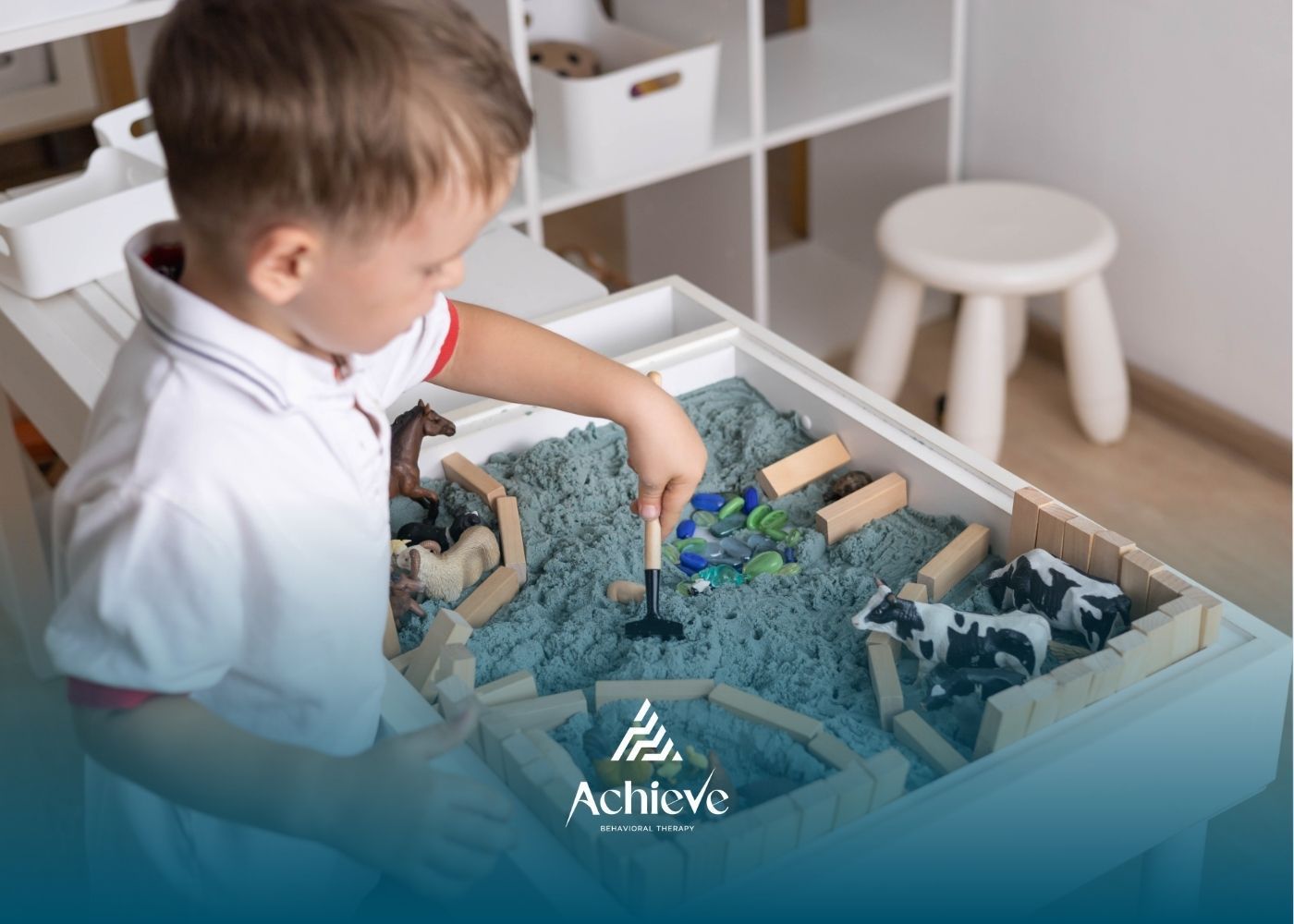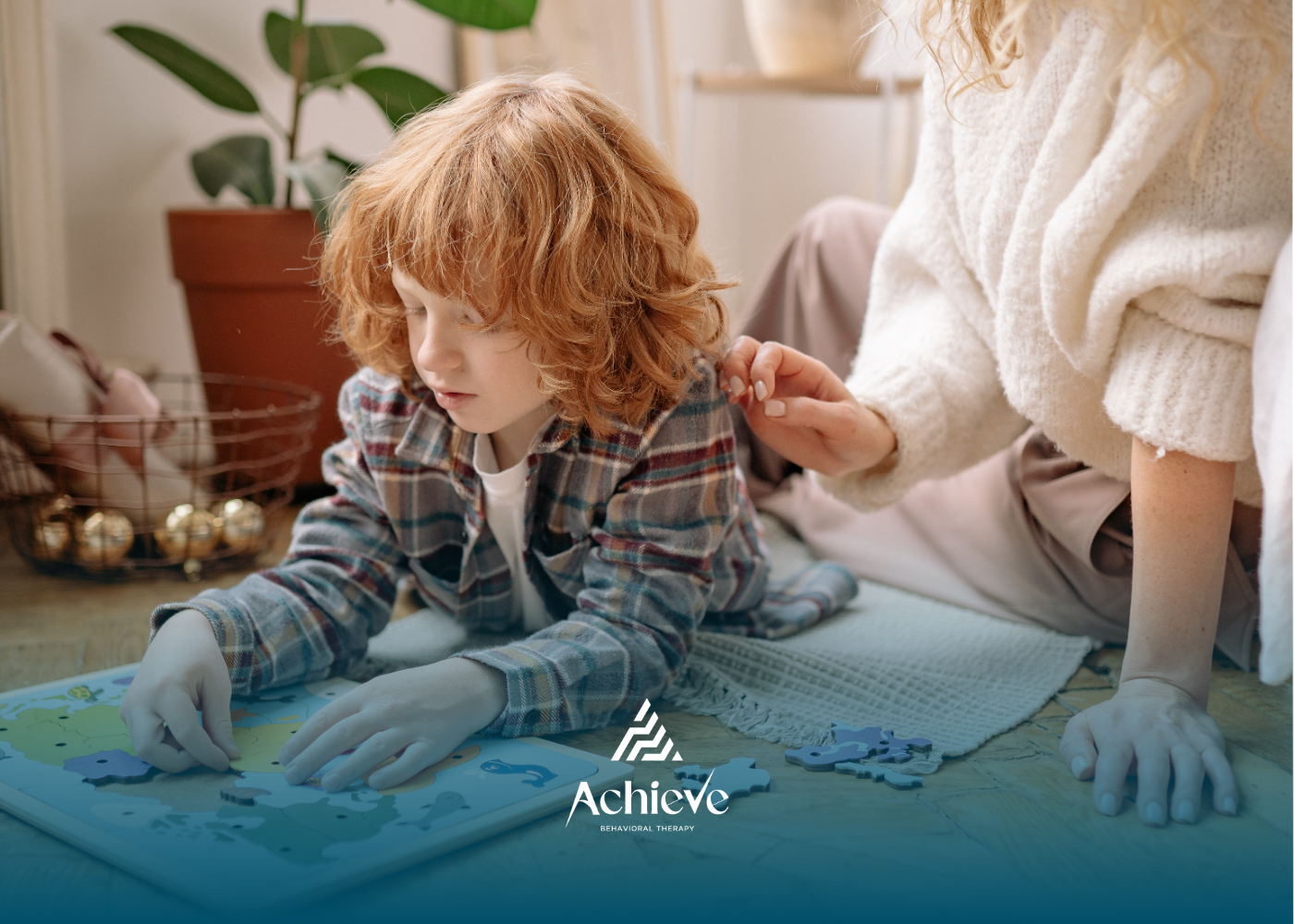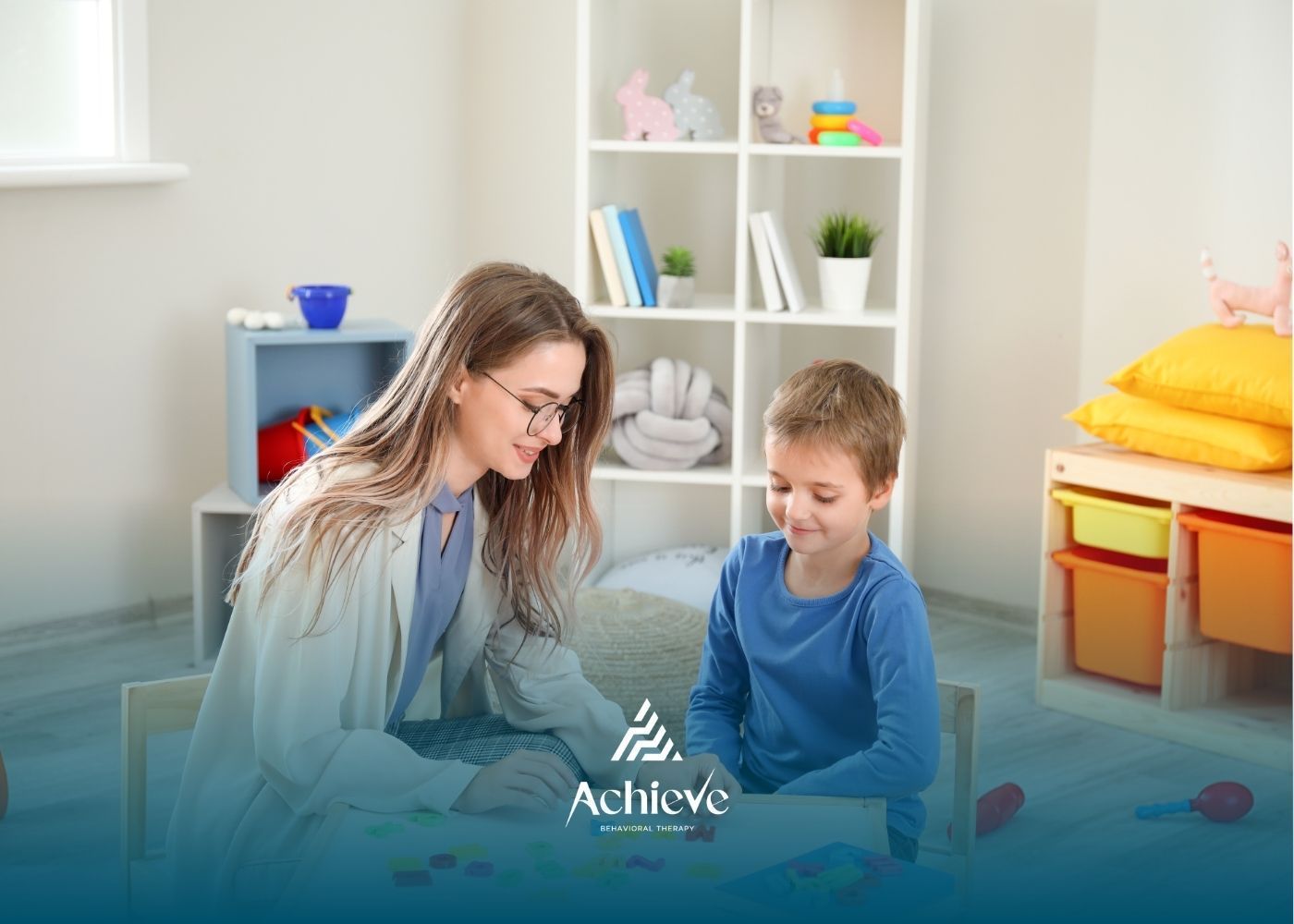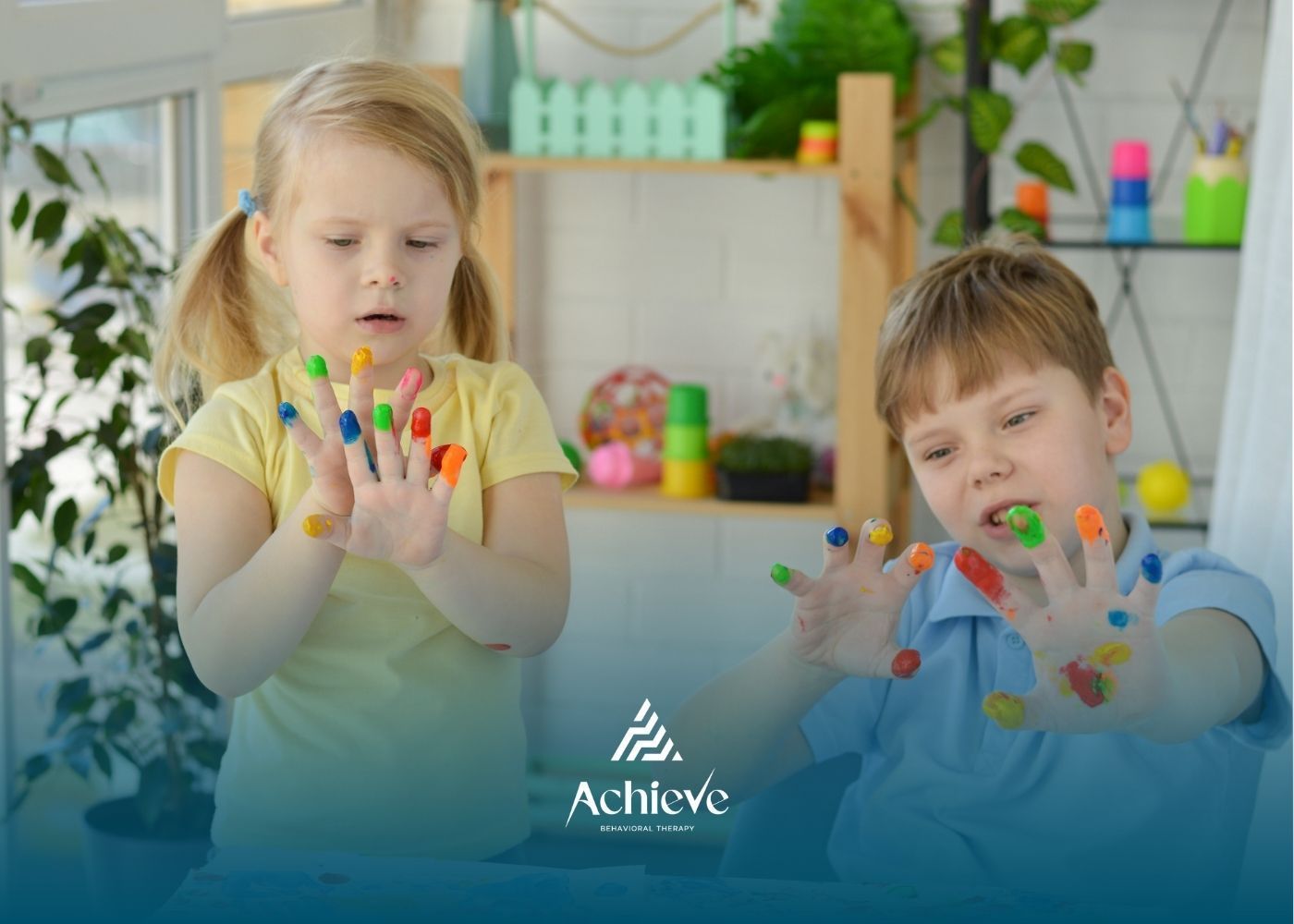What Does Stimming Mean in Autism? Understanding Repetitive Behaviors and Their Purpose
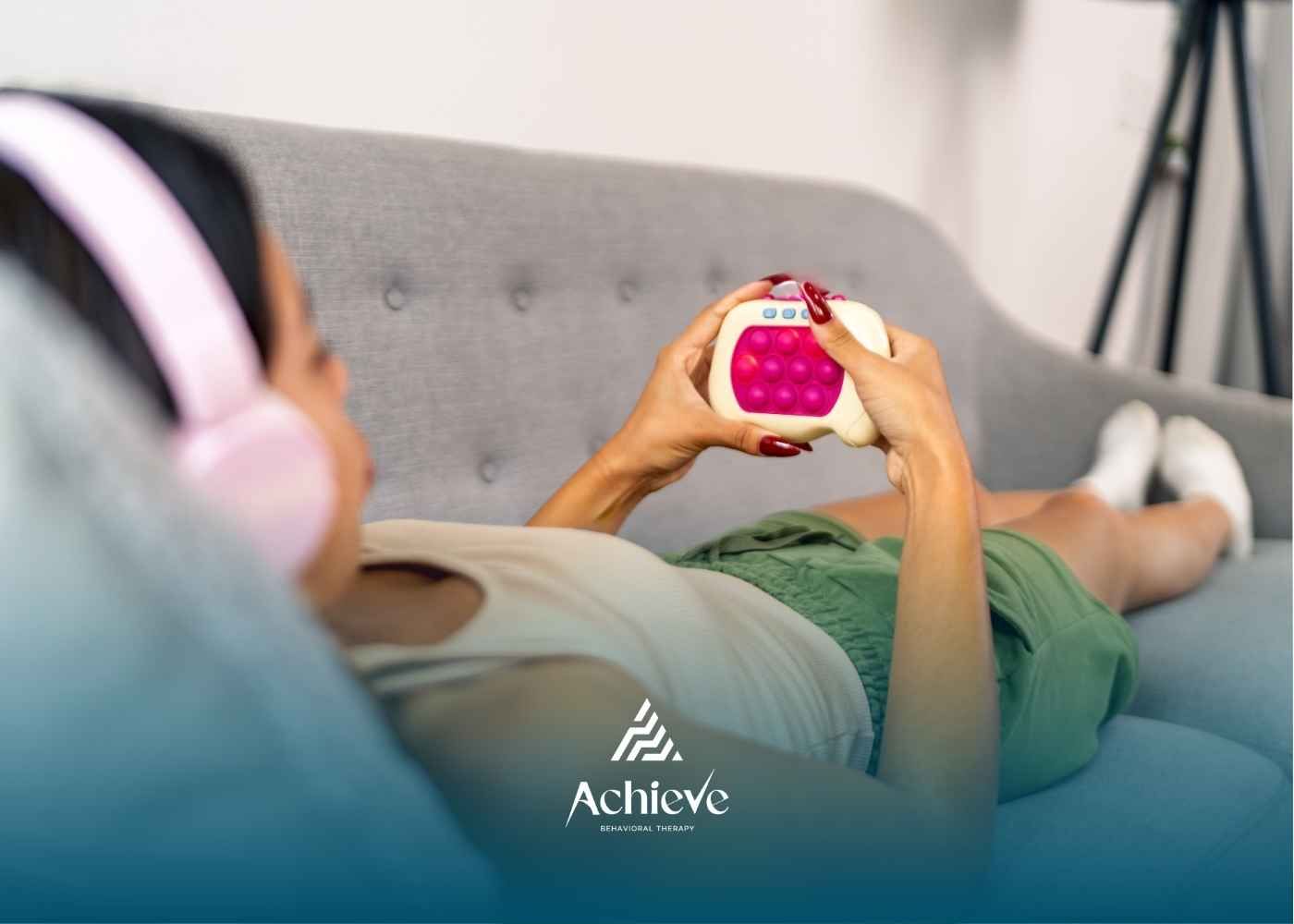
Stimming—short for self-stimulatory behavior—is a term often used when discussing autism. It refers to repetitive movements, sounds, or actions that a person may use to regulate emotions, express excitement, or manage overwhelming sensory input. Common examples include hand-flapping, rocking, spinning objects, repeating words or phrases (echolalia), or tapping surfaces.
While stimming is common in people with autism, it’s not always a sign of distress. In many cases, stimming helps individuals self-soothe, focus, or feel more in control of their environment. It can be a response to sensory overload, anxiety, boredom, or even joy.
Stimming only becomes a concern when it interferes with learning, causes harm (such as head-banging), or creates safety risks. In such cases, ABA therapy can help by identifying the underlying cause and teaching alternative coping strategies that are safer and more functional.
At Achieve Behavioral Therapy, we understand that stimming is a form of communication and self-regulation. Our goal is not to eliminate stimming but to ensure it doesn’t limit a child’s ability to learn, interact, and grow.
Frequently Asked Questions
What is stimming?
Repetitive actions or sounds used to self-regulate or express emotions.
Is stimming only seen in autism?
No, but it’s more common and frequent in individuals on the autism spectrum.
Why do autistic children stim?
To cope with stress, excitement, sensory input, or strong emotions.
Is stimming always a problem?
Not always. It only needs intervention if it’s harmful or disruptive.
Can stimming be reduced?
Yes, through ABA therapy and teaching alternative behaviors when needed.
Need Support?
We're Here to Help!
Our experienced team is ready to assist you. Reach out today to discuss how we can support your child's development and well-being.
Get started with expert ABA therapy today.



